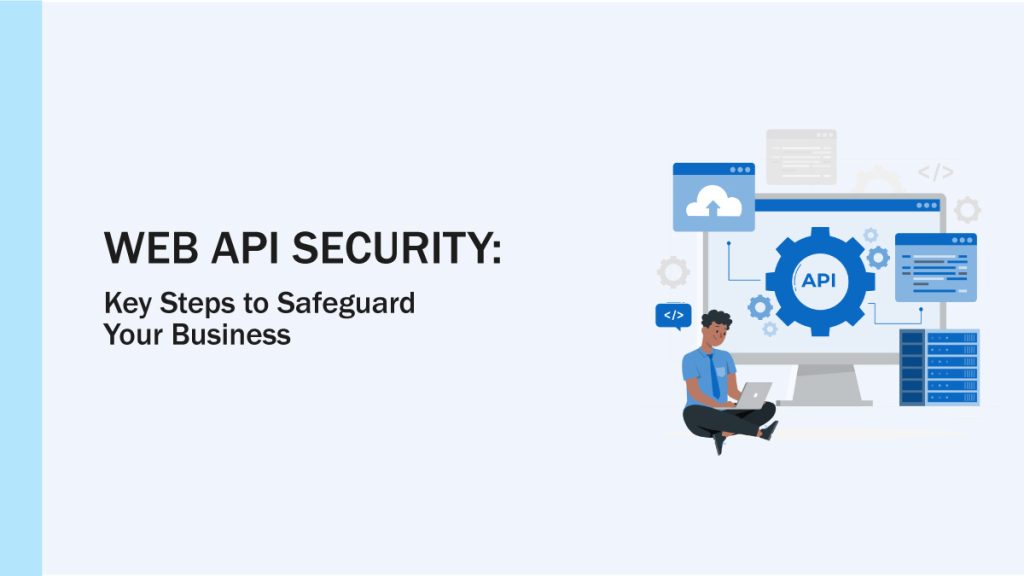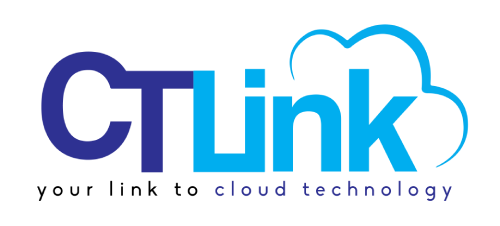Web API Security: Key Steps to Safeguard Your Philippine Business

In our highly connected world, APIs (Application Programming Interfaces) are essential for allowing systems, applications, and services to work together seamlessly. With more companies applying APIs to their business, securing them is no longer optional—it’s a must. As more businesses in the Philippines move towards digital solutions, it’s crucial to understand and implement Web API […]
